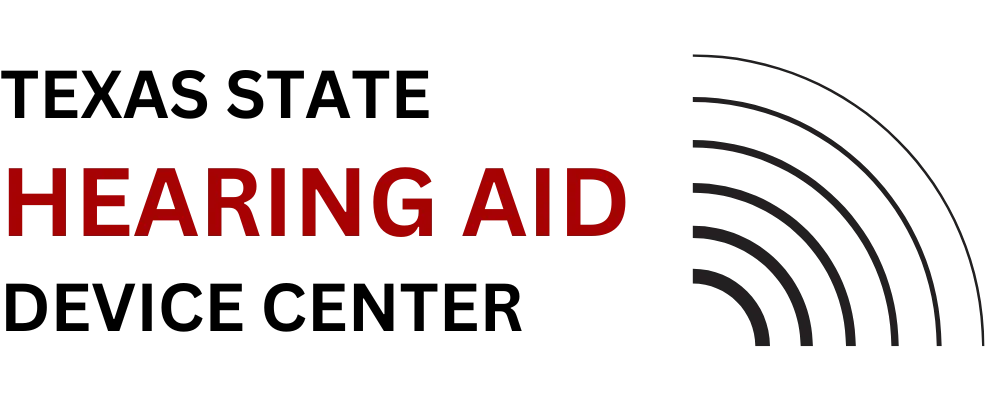Did you know that your heart health is linked to your hearing health? There’s an important connection between your ears and your heart, and neglecting your cardiovascular system could spell trouble for your hearing.
1. How are heart health and hearing health related?
Normal blood flow is critical for good hearing health. Delicate hair cells in the inner ear (the cochlea) turn sound into electrical impulses that travel to the brain so we can hear speech, music or noise. Those hair cells rely on good circulation to function properly. Heart disease or hypertension can decrease the blood flow to the inner ear. If those hair cells don’t get enough oxygen, this can permanently damage the hair cells and your hearing over time.
2. How can people take care of their cardiovascular systems?
It’s all about knowing and decreasing your risk factors. Staying physically active, maintaining a healthy weight, and not smoking are key to good cardiovascular health. You should also know your blood pressure, cholesterol level, and hemoglobin AIC which is elevated in people with diabetes. If you do have high blood pressure, diabetes, or high cholesterol, make sure you talk to your doctor about taking the right medication and enough medication to get your numbers into a normal range.
By taking care of your cardiovascular system, you’ll also be proactively protecting your hearing. Consider these studies and stats which show cardiovascular risk factors are also associated with hearing loss:
- A new study from JAMA further confirms that smoking increases the risk of hearing loss.
- Hearing loss is twice as common in people who have diabetes as it is in people of the same age who don’t. Even people with prediabetes (blood sugar levels higher than normal but not high enough yet to have type 2 diabetes) have a 30% higher rate of hearing loss than people with normal blood sugar levels.
- Obesity increases the risk of hearing loss.
- Individuals with hearing loss have lower physical activity than those without.
3. Can hearing loss be an indicator of issues with cardiovascular health?
It can. The inner ear is small and sensitive and susceptible to changes in blood flow. So, the ear can be one of the first parts of the body to be affected by cardiovascular disease. In fact, about 40% of people with mild or moderate hypertension have hearing loss.
4. What other health issues are associated with hearing loss?
Hearing loss is strongly associated with dementia. Research from Johns Hopkins shows that mild hearing loss doubles the risk of dementia, while moderate hearing loss triples the risk.
Hearing loss also increases the risk of falls and injuries because hearing is an important part of maintaining your balance and equilibrium. People with mild hearing loss are three times more likely to fall and more likely to have an injury when they are working, driving or just having fun.
Finally, people with hearing loss are at high risk for depression and social isolation, because hearing loss leads to being left out of conversations or withdrawing from group interactions altogether.
These are all reasons why Starkey was the first to engineer hearing aids with embedded sensors and health-monitoring technology in them. Not only do they help you hear better, they can also help you monitor and take control over your overall health — including your heart health.
5. What should someone do if they suspect they have hearing loss?
Don’t procrastinate. Visit a hearing care professional to get your hearing formally tested. They can tell you how severe the hearing loss is and discuss your options.
If you aren’t sure whether you have hearing loss, you can do a free online hearing screening from the privacy of your own home.
Hearing loss is not curable, but it is treatable, and treating it earlier can lead to better outcomes. In fact, researchers are looking at whether earlier use of hearing aids can delay or prevent dementia.
Find out what noises you may be missing! Schedule an appointment today for a hearing consultation.

